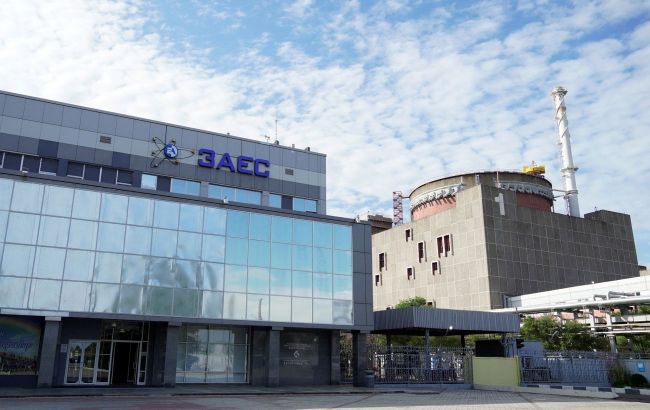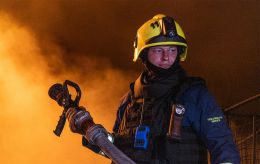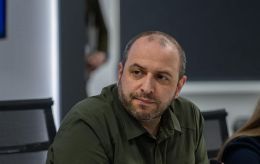IAEA calls on Russia to de-occupy Zaporizhzhia NPP: Zelenskyy reacts
 Photo: IAEA calls on Russia to de-occupy Zaporizhzhia NPP (Getty Images)
Photo: IAEA calls on Russia to de-occupy Zaporizhzhia NPP (Getty Images)
The IAEA General Conference has passed a resolution on nuclear safety in Ukraine, calling on Russia to immediately de-occupy the Zaporizhzhia Nuclear Power Plant (ZNPP), according to the Ministry of Energy and President Volodymyr Zelenskyy.
During its 68th session, the IAEA adopted the resolution "Nuclear Safety, Security, and Safeguards in Ukraine." The document was supported by 65 votes, with 52 member states co-authoring it.
The resolution reaffirms that Ukrainian nuclear power plants, including the Zaporizhzhia NPP, must operate under the full sovereign control of Ukraine.
"The IAEA calls for the immediate withdrawal of Russian military and other personnel from the ZNPP and the return of the plant to Ukrainian control to ensure its safety," the report said.
Until the ZNPP is returned to Ukraine's control, Russia is required to provide the IAEA with unrestricted access to all facilities and information at the plant.
Zelenskyy’s reaction
President Volodymyr Zelenskyy responded to the IAEA resolution, emphasizing that Russia is the only terrorist regime in the world that has stolen a nuclear power plant—Europe's largest—and turned it into a military base while continuing to use it for nuclear blackmail.
"This is why nuclear safety is the first point on the Peace Formula. And this was one of the main topics on the first Peace Summit agenda. I am pleased to see that today's IAEA GC resolution furthers these important efforts," the head of state noted.
Zelenskyy believes that collective resolve will be able to force Russia to stop its blackmail and terror.
Situation at the ZNPP
The Zaporizhzhia Nuclear Power Plant is the largest in Ukraine and Europe. It was occupied in the first weeks of Russia's full-scale invasion.
Currently, the situation at the ZNPP remains unstable. The plant is frequently on the verge of a blackout due to shelling by Russian forces.
Additionally, the occupiers continue to militarize the ZNPP, mining the territory, and conducting provocations near the nuclear plant.

